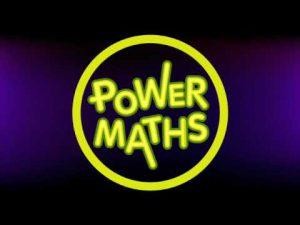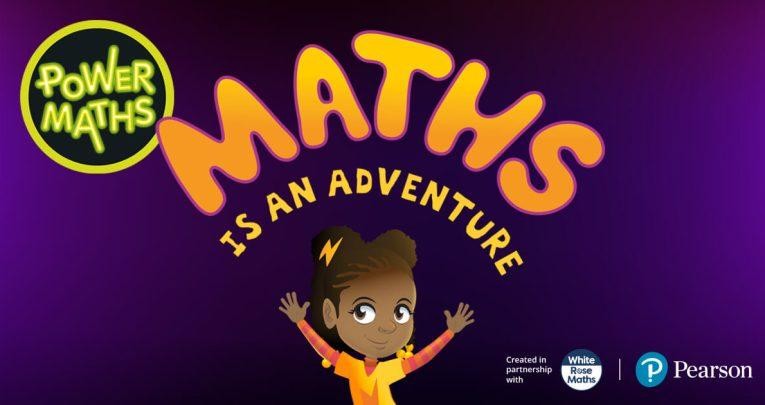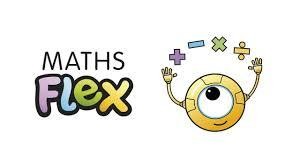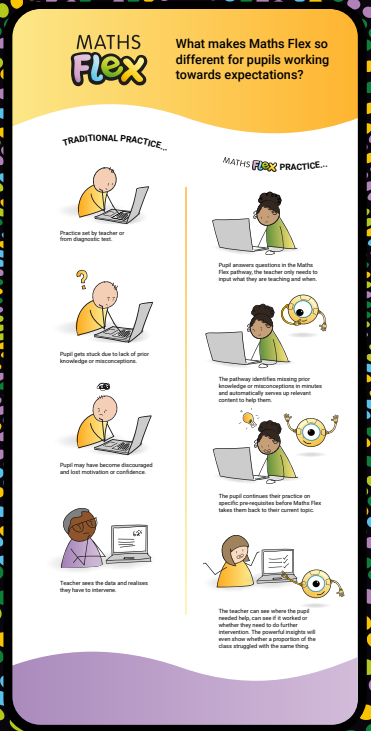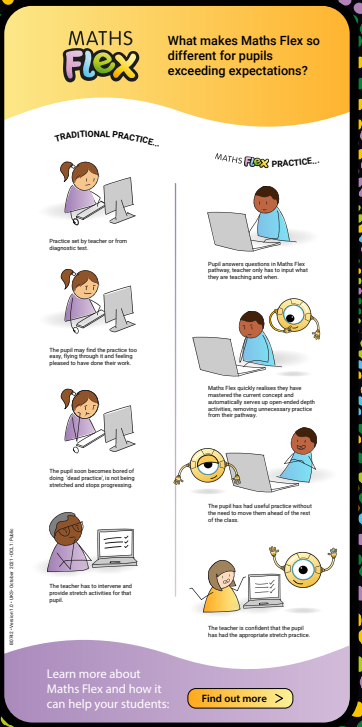Numeracy is the development and application of mathematics across the curriculum and in real-life situations. Skills in numeracy help children to make informed and responsible choices and decisions throughout their lives. We place strong emphasis on developing these essential skills.
Throughout primary school, our pupils engage in a wide range of purposeful activities which involve them in different modes of mathematical learning, including playing, exploring and investigating, doing and observing, talking and listening, asking questions, reflecting, drafting, reading and recording.
Our school uses a maths mastery approach to the teaching of mathematics. We use a fantastic Maths resource - ‘Power Maths’, which has enhanced the teaching and learning of Numeracy across the school, benefitting all pupils. ‘Power Maths’ breaks learning into manageable steps for children and promotes an active and practical approach to the teaching of mathematics.
At the heart of ‘Power Maths’ is the idea that with hard work and determination, everyone can succeed at Maths
Why Power Maths?
- An exciting growth mindset and problem-solving approach helps spark a curiosity and excitement for maths and equips children with deeper understanding
- Developed alongside teachers to ensure it meets the specific needs of children in the UK
- Power Maths progress tests – written by primary assessment experts
- Aligned to the White Rose Maths progressions and recommended by the DfE
Power Maths (White Rose Edition), is one of only two DfE approved mastery schemes. We believe that all children should be successful at, and feel positive about maths.
We aim to teach using an interactive, whole-class model that encourages thinking, precise mathematical language and allows children to deepen their understanding. We do this by teaching mastery of concepts one step at a time, in lessons that embrace a Concrete-Pictorial-Abstract (C-P-A) approach, building on prior learning and helping children to see patterns and connections.
Lessons typically begin with a “discover” that involves a real-life scenario and inspires children to discuss a key concept through a picture story. We use the recommended “I do, We do, You do” model to build children’s understanding of how to tackle similar scenarios with increasing confidence, before moving towards opportunities for independent practice. This will also include more formal calculation methods.
“Deepen” and “Strengthen” activities both extend and support differently attaining children, including those with SEND, enabling the whole class to stay together in their learning. Children are assessed formatively throughout the lesson, and summatively at the end of each unit, enabling the teacher to see which children have mastered the key concepts and where any misconceptions are.
In addition, children have daily ‘fluency’ sessions that aim to build fast recall of key arithmetic skills, such as number bonds and times tables.
Ultimately, at St Mary's, we want our children to be successful at maths, not just through rote-learning but through problem solving, thinking and discussing. We believe this approach will enable our children to develop both fluent recall and a confident conceptual understanding of the mathematical world around them
Maths Flex
Maths Flex is our next-generation intelligent maths practice service for KS2 that uses instant adaptive learning through powerful software for same-day intervention, combined with mastery approaches and whole-class teaching to support time saving and effective pupil progress.
Our Key Stage Two children will use Maths Flex in school, to support their in class learning.
Additionally, your child's class teacher will set Maths Flex Home-Learning Challenges. The more your child accesses this resource and practices, the more progress they will make with their maths learning and understanding.
A little practice each day is far better than a longer chunk once a week.
Your child's class teacher will monitor how much time your child is spending accessing their maths home-learning. A recommended time would be 15 minutes each day for Year 3 and 4, rising to 20 minutes each day for Year 5 and 6.

